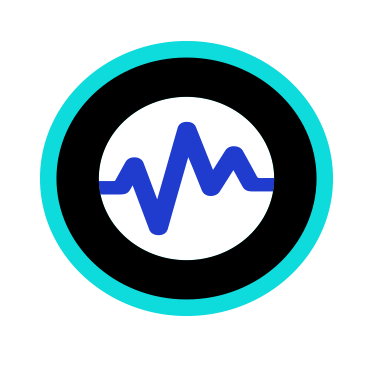For many, the choice of a smart home device depends on a buyer’s existing devices and use of a platform. But loyalty to a platform matters less to an aging population who may be interested in a particular feature and ease of functionality.
Read MoreYou know how things can sneak up on you, particularly trends. There are dribs and drabs and all of a sudden a swirling tornado of evidence that something is happening? I have had that experience these last few weeks with a realization that the phenomenon of voice will likely be the next meaningful user interface in healthcare.
Read MorePeople are living longer, but not necessarily healthier. It’s unsettling to think about it in these terms but, in our lifetime, it’s unlikely that any of the lifestyle related diseases—like obesity, diabetes and heart disease—will be cured by a pill. Yet the most effective weapons we have to battle chronic disease include more daily activity and exercise, a healthier diet and weight management, and lower stress — behaviors that are seemingly the most difficult to sustain.
Read MoreHow you talk could reveal heart disease or concussions, say researchers and companies developing the novel technology.
Read MoreThe development of vocal biomarkers to detect things like depression and stress has been an area of interest for some time. When Sharecare acquired Feingold Technologies, they collaborated on a voice analysis app analyzing spectral data in the tone of the user’s voice when they speak on the phone to pick up signs stress and depression, among other things. Cogito also developed a voice analysis tech adopted by health insurers like Humana, Aetna, Blue Cross and Blue Shield, and Partners Healthcare.
Read MoreBoston-based Sonde Health, a recent spin-out of PureTech Health, has licensed a health-focused voice scanning technology from MIT’s Lincoln Laboratories.
Read MoreThere’s long been talk in medicine about the need to listen more to the patient voice — and now that mantra is being taken literally.
Read MoreCompany licenses MIT technology and collaborates with experts to objectively diagnose and monitor medical concerns through vocal cues.
Read MoreIn the foreseeable future, your medical exam could include a speaking portion – and be done on your smartphone. Sonde Health, a PureTech initiative, just announced it’s received an exclusive license from MIT’s Lincoln Laboratory for technology capable of analyzing someone’s voice and detecting medical conditions.
Read MoreLife sciences incubator PureTech Health (LON:PRTC), unfazed by the worldwide impact of the U.K.’s vote to leave the European Union, announced its latest venture today: Sonde Health, which aims to use a voice-based technology to diagnose mental and physical ailments.
Read MoreSonde Health is developing voice-based technologies capable of diagnosing medical conditions by analyzing vocal biomarkers—acoustic characteristics in the speakers voice.
Read MorePureTech Health starts companies in cutting-edge areas of biomedical science and often owns them outright. Its latest aims to create software that listens for warning signs of depression in people’s speech patterns.
Read MoreResearchers with the Massachusetts Institute of Technology Lincoln Laboratory (MIT LL) are developing a computer algorithm to identify vocal biomarkers (e.g., indicators) that could help diagnose mild traumatic brain injury (TBI), or concussion.
Read MorePicture this: At every step of a patient’s trip through the hospital, a virtual assistant awaits, ready to answer questions, pull up medical records — or snap photos during surgery. Hospital staff and patients walked through that futuristic hospital scenario one recent afternoon at a new simulation center at Boston Children’s Hospital.
Read MoreAfter hinting about it in a recent interview, Boston Children's Hospital has officially launched its partnership with Amazon Echo, which gives the voice-powered home appliance a new "skill" that will allow it to give simple health advice to parents about their children's' fever and medication dosing. Called KidsMD, the Alexa app is just the first step in a plan to bring Boston Children's medical knowledge to the consumer space, according to Chief Innovation Officer John Brownstein.
Read More
Owners of Amazon’s voice-controlled, Internet-connected Echo speaker can ask it to play that catchy new song or find out whether they need to wear a rain coat today. And now, thanks to new software developed by Boston Children’s Hospital, users will be able to inquire if their child’s fever is serious enough that they should see a doctor.
Read MoreApple's personal voice assistant Siri and Microsoft's equivalent Cortana may be able to direct users to the nearest pizza place or name a song that is playing, but they are less helpful when asked to provide health information related to mental health, violence and physical health.
Read MoreAmazon Echo, the company's Bluetooth speaker that doubles as a voice control hub for connected home devices and services, can now tell Fitbit users about their sleep, activity and weight, the companies announced today. Amazon Echo's personal assistant component goes by the name, Alexa.
Read MoreConversational agents are smartphone-based computer programs designed to respond to users in natural language, thereby mimicking conversations between people. Many people use their smartphones to obtain health information.
Read More



















